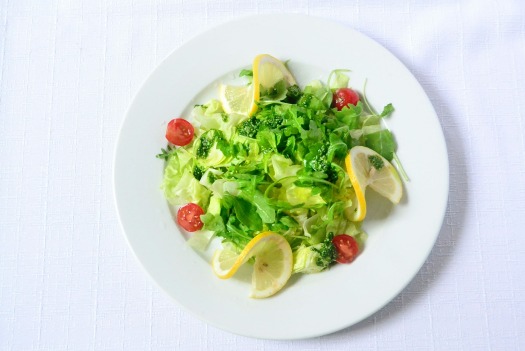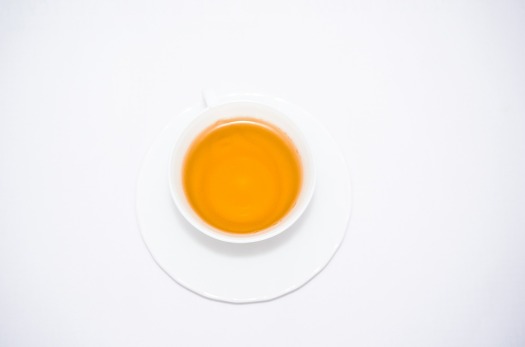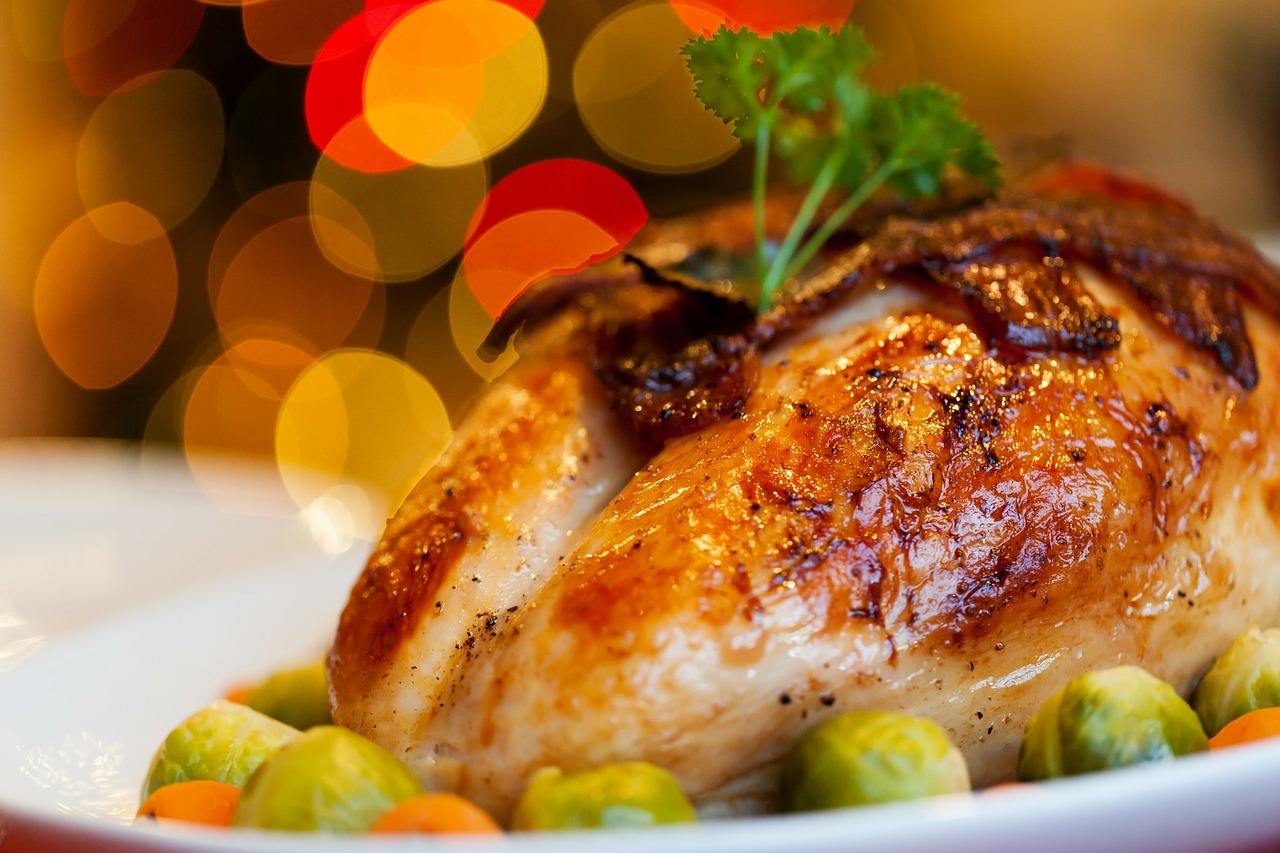Did you end up in a food coma like me on Thanksgiving? The holiday season is upon us when opportunities to overindulge seem frequent and plentiful – from parties with endless treats to munch on to family dinner gatherings with feasts that offer seconds, thirds and more of our favorite dishes. Despite the immediate satisfaction, overeating can lead to hours of discomfort and lethargy.
Here are three easy tips to practice in an effort to stop a food coma before it strikes.
1. HYDRATE: Drink water before, during and after indulging. Drinking water at optimal times will help avoid indigestion and keep the body hydrated. Water may also help you to eat less, since our bodies often mistake thirst for hunger. Start by drinking a full glass of water before you even leave your house and then make sure to drink up (water that is) while socializing. Image: PredragKezic via pixabay
Image: PredragKezic via pixabay
2. FRUITS AND VEGGIES: Whether you’re cruising the appetizer table or victim to a full dinner buffet, aim to fill most of your plate with fruits and veggies (go heavier on the veggies to avoid too much fructose). Fruits and veggies are not only hydrating foods but they also tend to be fiber-rich, which will fill you up faster and thus help to prevent overeating. Image: Kechn via pixabay
Image: Kechn via pixabay
3. HERBAL TEA: When you return home with a full belly, treat yourself to a cup of of herbal tea or better yet, make a cup of warm water with lemon and honey to help ease bloating and stimulate the digestive system. After you finish your warm drink, do a few yoga poses to improve digestion, and you’ll be in even better shape!
Image: Jarmoluk via pixabay
In addition to keeping these three hydrating tips in mind while you mingle, you should also be sure to stay clear of too many sweets (easier said than done). Large quantities of any food can cause a food coma, however, sugar, or sucrose, found in desserts tends to be the main culprit. When we consume sugar, our bodies produce extra insulin to help absorb the spike of glucose. In turn, the extra insulin causes our brains to produce more serotonin and melatonin, two neurochemicals that can make us feel drowsy and lethargic.
featured post image: PublicDomainPictures via pixabay

